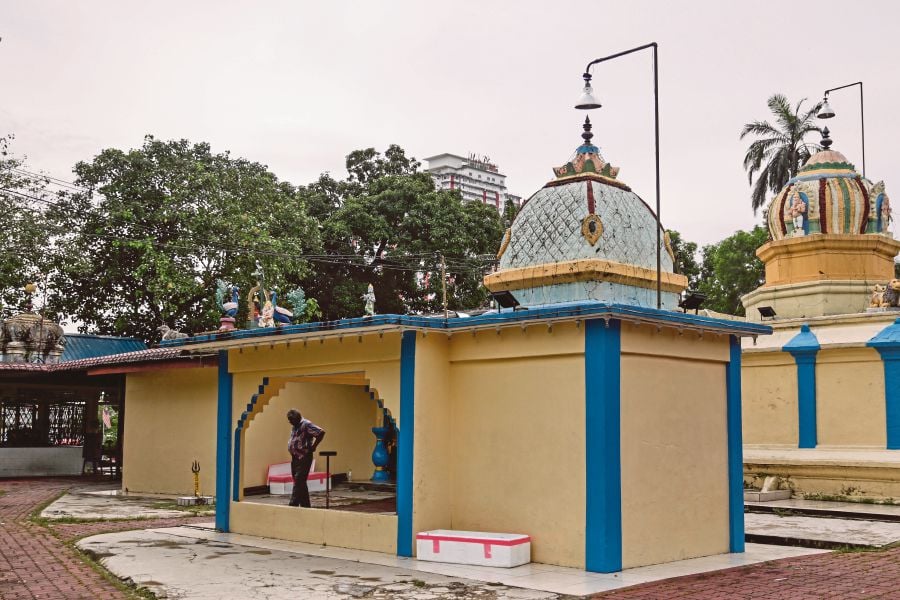SOURCE:
https://www.nst.com.my/news/nation/2018/11/435558/court-dismisses-bid-postpone-takeover-sri-maha-mariamman-temple-site
Court dismisses bid to postpone takeover of Sri Maha Mariamman temple site

The High Court today dismissed with costs an application by three devotees of the Seafield Sri Maha Mariamman Temple in USJ 25 near Subang Jaya to defer implementation of the interim consent judgment and writ of possession by One City Development Sdn Bhd, the developer-owner of the temple site. (NSTP Archive)
SHAH ALAM: The High Court today dismissed with costs an application by three devotees of the Seafield Sri Maha Mariamman Temple in USJ 25 near Subang Jaya to defer implementation of the interim consent judgment and writ of possession by One City Development Sdn Bhd, the developer-owner of the temple site.
Judge M. Gunalan made the decision in chambers with regard to the application by the plaintiffs, namely S. Thangaraju, 37, M. Mohanakrishnan, 59, and S. Nagarajah, 52
Besides One City Development, the trio had also named as the defendants one K. Chellappa; one M. Nagaraju; the Selangor Town and Country Planning director and the Selangor government.
Lawyer Claudia Cheah Pek Yee, for One City Development, said to reporters after the proceedings that the court decided, among other things, that the plaintiffs had no locus standiand that One City Development is the rightful owner of the land where the temple stands.
The plaintiffs had filed the application on Nov 12 to postpone the implementation of the interim consent judgment of March 11, 2014, and writ of possession that was to have been executed on Nov 22.
On Nov 10, they had also sought a court order to nullify the consent judgment and an injunction to prohibit the defendants and others from entering the temple compound and using coercion to take possession of the temple site.
The issue of the relocation of the temple triggered riots early Monday and Tuesday near the temple, resulting in a firefighter being seriously injured, several other people also hurt, 23 cars torched and a section of the One City Mall damaged.
The police have arrested 30 people so far to assist in the investigation into the riots. -- Bernama
.